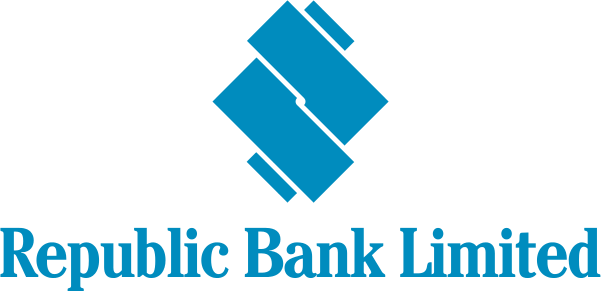IT Solutions Firm
We Offer a Wide Variety of IT Services

Implementation
ERP implementation is the process of installing, configuring, and deploying an enterprise resource planning (ERP) system.

Professional Services
Professional services can help businesses implement, manage, and optimize their ERP systems.

Support
ERP support is the ongoing assistance that businesses receive from their ERP vendor or partner to help them use their ERP system effectively.

Business Reengineering
Business process reengineering (BPR) can help you improve your ERP system's efficiency, accuracy, customer service, and compliance.

Upgrade
ERP upgrade is the process of moving from one version of an ERP system to a newer version of the same system.

Remote
Remote services allow businesses to access and manage their ERP system from anywhere, anytime.

Migration
ERP migration is the process of moving data and processes from an old ERP system to a new one.

Training
ERP upgrade is the process of moving from one version of an ERP system to a newer version of the same system.

Digital Transformation
Digital transformation is the use of digital technologies to improve business processes and create new value.
Leading the way in Creative IT Solution
best IT Company in the world
At Q&A Consulting, we work with you to optimize your business from the top down. We have a specific focus on Oracle/ Peoplesoft Applications.
As an international consulting firm, our group of professional consultants are always here to help your business get off the ground and grow.
1
for over 20 years In The Tech Area
Q&A Consulting believes that the software that runs your company should be flexible and easy to use, while also being future-proof and scalable. Our team uses technology thats built on an open architecture that allows for rapid integrations with other systems, making it easy for you to connect your data and processes. This, in turn, helps you to make better decisions and improve your bottom line.
industry Leaders Who Rely on Q&A Consulting




Let's Get Started
Schedule a demo or get in touch with our team to learn how we can elevate your business to new heights.
Innovate with the Oracle Cloud
Reliability
Sudden spikes in demand can slow IT systems to a crawl, creating a ripple effect that hinders employees’ work and impedes productivity. A complete outage is even worse. A cloud solution offers layers of mitigation, including a combination of failover options and automated resource management to help keep applications running.
Accessibility
Moving an organization’s data center and appications to the cloud helps facilitate remote work, which has become an important consideration for many job seekers. Cloud apps and infrascture let organizations transition to remote work more easily, since employees can access critical apps, such as accounting, supply chain, and HR apps, via their browsers.
Availability
A data center is only as good as its disaster recovery and business continuity plan. Cloud providers maximize availability with strong redundancy and distribution through separate zones within their data centers and across multiple cloud facilities. Disaster recovery is inherently built into an organization’s cloud computing strategy without requiring a major additional investment.
Efficiency
By moving to the cloud, IT departments no longer have to handle time-consuming maintenance or upkeep tasks, since they’re now handled by their cloud vendor. Automation is a key efficiency driver across an organization, and cloud applications can help streamline repetitive and routine tasks in areas such as finance, HR, supply chain, marketing, and sales.
Review From
Our Clients




